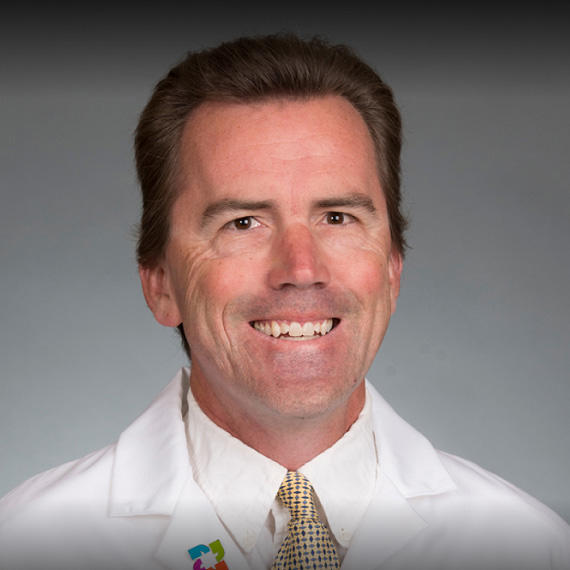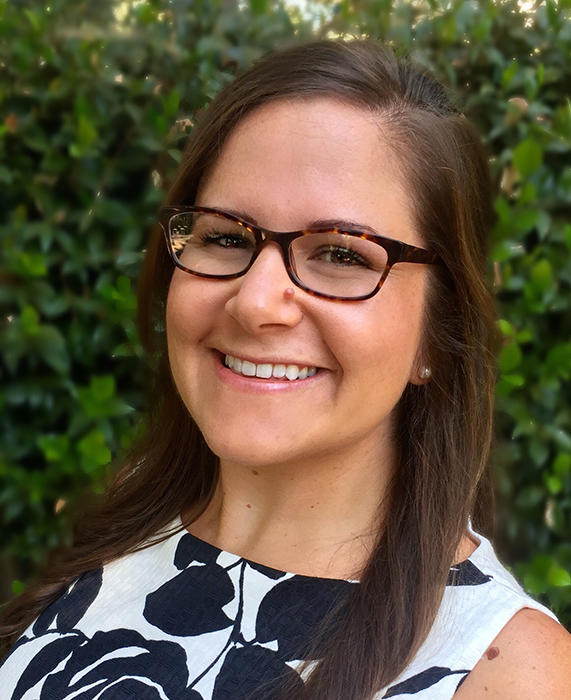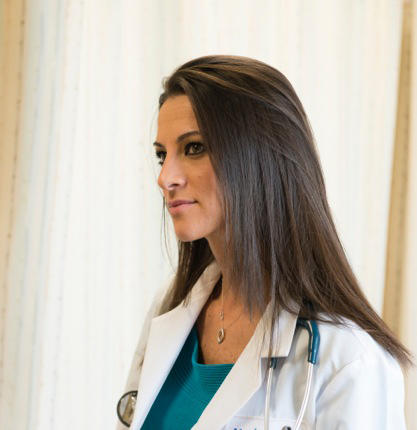By the time he reached his 30s, Bradley Reed was by all accounts on the right track. He was working as a primetime news anchor in his home state of Arkansas. He won two Emmy Awards. He was engaged to be married.
But something was missing.
“I started looking at myself in the mirror,” Reed says. “I asked myself what kind of impact I am making as a news anchor, and what kind of impact I could have in the health care profession.” It was this question that ultimately led him to completely redirect his life’s path in pursuit of a new dream.
His First Career
It wasn’t always this way. Reed found success early in his career, landing a job rolling the teleprompter at a local television station while he was still in college. He fell in love with broadcast journalism and worked his way up the ranks.
He started on the teleprompter but quickly graduated to operating the cameras and working in the control room. He soon accepted a promotion to work as the audio operator, followed by another promotion to the position of newscast director. Before long, a reporting job opened up at the station, and Reed left college three classes short of graduation to pursue this opportunity (he went back to finish his degree in broadcast journalism about five years later).
“Within a year, I was promoted to news anchor,” he says. That first year, the station’s production department noticed his newscasting work and submitted it for a regional Emmy Award. “I was in competition with the bigger markets in Kansas City, Little Rock, and others, so I didn’t think anything of the nomination,” Reed remembers. “I didn’t even go to the ceremony. I found out through some text messages that I won the award.”
Soon after, Reed began working with local nonprofit organizations and, specifically, a local hospital, where he emceed fundraising events and volunteered his time in addition to reporting on local stories. As a result, he met patients and their families—and the physicians who were providing care. In fact, he earned a second Emmy Award in recognition of a feature story he did, about a teenage football player who nearly died by mistaking a subdural hematoma for a concussion (not one to make the same mistake twice, he attended that award ceremony).
“At some point I realized, wow, what an opportunity they have to be involved in helping people through some of the toughest times in their lives,” Reed says of the physicians he met. “I was fascinated by it. That’s what drew me to medicine: hosting these events and telling these stories in my reporting.”
A Complete Shift
Over the next few years, Reed slowly came to realize that his true calling was to become a physician. He started taking medical school prerequisite classes, and eventually quit his job at the news desk to pursue his new dream full time. He applied to AUC because his brother-in-law had been a student there (Reed had the opportunity to visit and sit in on a class), and he and his wife had honeymooned in St. Maarten.
“We loved the island, and AUC was always at the top of my list,” he says. “When we found out I was accepted, we were thrilled.” He started classes on the island May 2016.
And though his new career as a doctor will undoubtedly be a complete shift from his experience as a news anchor, Reed hopes that the skills he developed in his first career will come in handy in his second. “Working in television news provided me with a strong set of communication skills, and the ability to talk to people and tell their stories,” he says, recognizing that an important part of finding success as a physician is being able to communicate with patients and develop good personal relationships. “I was once told that medicine is science but it is also an art. I hope I can bring some of my communication tools to the art side of medicine, and at AUC I can hone in and learn the science.”
But what he looks forward to most is fulfilling the potential for impact that led him down this road in the first place. “In my first career, I was very concentrated on being successful. It wasn’t until I met physicians and health care providers through my job that I realized that being successful isn’t what it’s all about,” he says. “It’s about whether you have a significant impact on people’s lives. So, I’m most looking forward to developing relationships with patients, and having a significant impact on their lives in one way or another."




